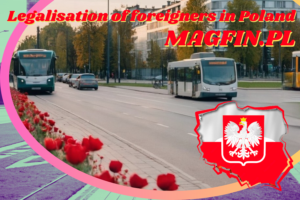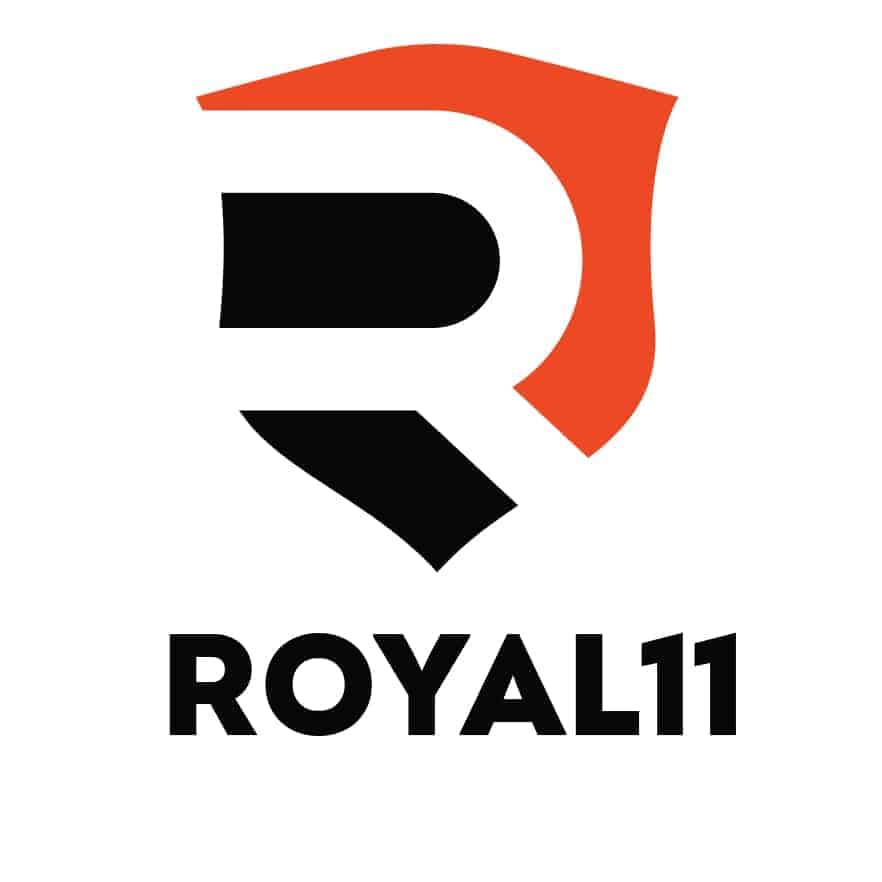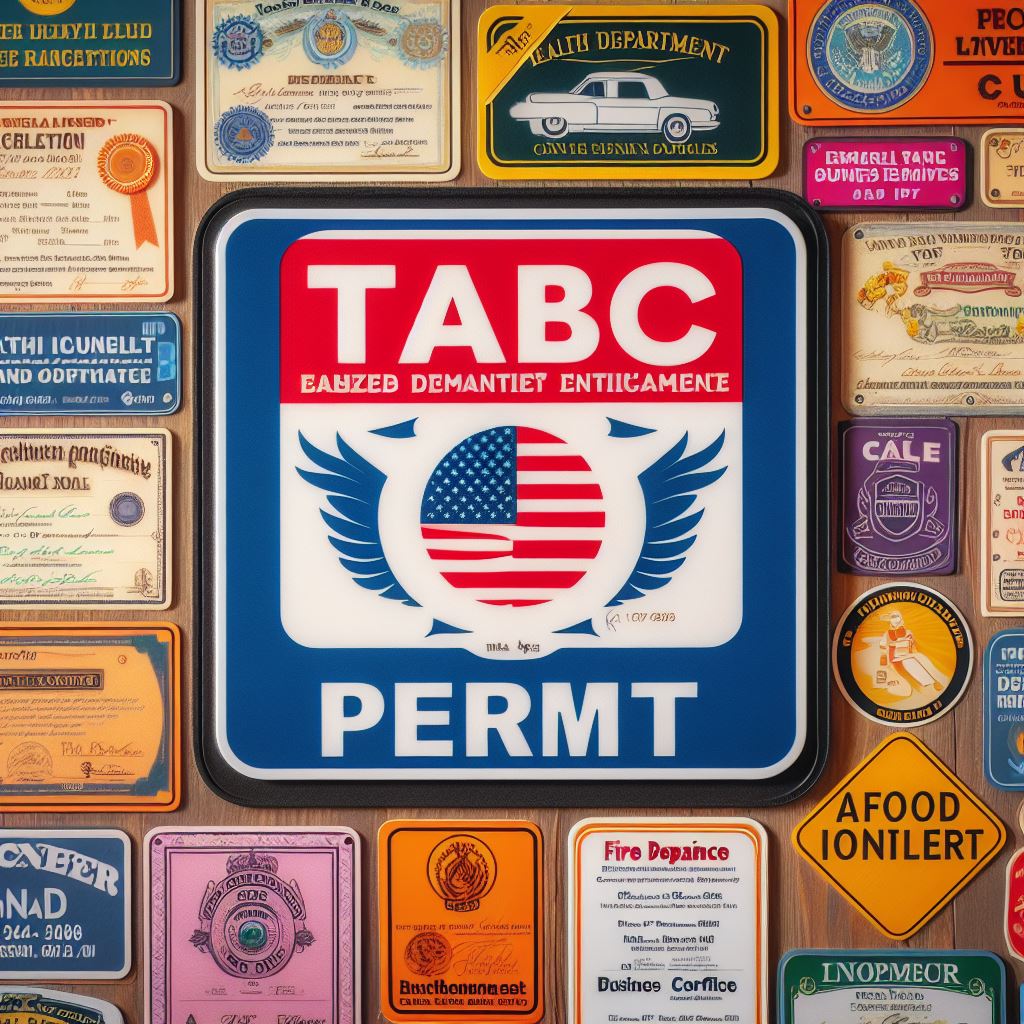Poland Work Permit and Legalization of Stay

Table of Contents Show
Introduction
Poland is rapidly becoming a popular destination for foreigners seeking work and a new life. With its booming economy, rich cultural heritage, and welcoming atmosphere, it’s no wonder that more and more people are looking to Poland for opportunities. However, before you pack your bags, it’s crucial to understand the legal requirements for working and staying in Poland. This guide will walk you through everything you need to know about Poland work permit,legalization of stay, and the services available to foreigners.
Understanding the Legalization of Stay in Poland
What is Legalization of Stay?
Legalization of stay refers to obtaining the necessary documentation that allows a foreigner to reside legally in Poland. This can include temporary residence permits for work, study, or family reunification, as well as permanent residence permits for those wishing to settle long-term.
Temporary vs. Permanent Stay
- Temporary Stay: Usually granted for specific purposes such as employment, education, or family reunification. These permits are typically valid for up to three years and can be renewed.
- Permanent Stay: Granted to individuals who have lived in Poland for an extended period and wish to make Poland their permanent home. This status provides more stability and long-term rights.
Types of Work Permits in Poland
Poland offers several types of work permits, depending on the nature of the job and the duration of stay. The most common types include:
- Type A: For those employed by a Polish employer.
- Type B: For foreigners holding a position on a management board.
- Type C, D, and E: For various other types of employment relationships and short-term work.
Eligibility for Work Permits
Who Needs a Work Permit?
Generally, non-EU nationals need a work permit to work in Poland. EU/EEA citizens and Swiss nationals can work in Poland without a permit due to the freedom of movement within the EU.
Criteria for Eligibility
To be eligible for a work permit, the following criteria must be met:
- A valid job offer from a Polish employer.
- The job must be listed in the Labour Office as one that cannot be filled by a Polish or EU citizen.
- Necessary qualifications and experience for the job.
Application Process for Work Permits
Step-by-Step Guide
- Job Offer: Secure a job offer from a Polish employer.
- Application Form: Complete the work permit application form.
- Submit Documents: Provide the necessary documents (listed below).
- Application Submission: Submit the application to the Voivodeship Office.
- Decision: Wait for the decision from the Office.
Required Documents
- Valid passport
- Job offer letter
- Proof of qualifications
- Application form
- Employer’s declaration
- Proof of health insurance
Application Fees
The fees for work permit applications vary depending on the type of permit and the Voivodeship Office.
Legalization of Stay in Poland
What Does Legalization of Stay Mean?
Legalization of stay refers to the process of obtaining the necessary documentation to reside legally in Poland. This can be for temporary or permanent residence.
Temporary vs. Permanent Stay
- Temporary Stay: Typically for work, study, or family reunification. Valid for up to three years.
- Permanent Stay: For those who have lived in Poland for an extended period and wish to settle permanently.
Application Process for Legalization of Stay
Step-by-Step Guide
- Determine Eligibility: Check if you meet the requirements for temporary or permanent stay.
- Application Form: Complete the residence permit application form.
- Submit Documents: Gather and submit the necessary documents.
- Biometric Data: Provide biometric data at the Voivodeship Office.
- Decision: Wait for the decision from the Office.
Required Documents
- Valid passport
- Proof of legal stay in Poland
- Application form
- Proof of income or support
- Health insurance
- Accommodation proof
Application Fees
Fees vary depending on the type of residence permit and the Voivodeship Office.
Services for Foreigners in Poland
Overview of Available Services
Poland offers a variety of services to help foreigners integrate and navigate life in the country.
Government Services
- Immigration Offices: Provide assistance with permits and legal matters.
- Public Employment Services: Help with job search and employment opportunities.
- Language Courses: Polish language classes to help with integration.
Private Sector Services
- Relocation Agencies: Assist with moving and settling in Poland.
- Legal Firms: Provide legal advice and assistance with permits and documentation.
- Counseling Services: Offer support for personal and professional challenges.
Counseling for Foreigners
Importance of Counseling
Counseling can be crucial for adapting to a new country, dealing with cultural shock, and managing stress.
Types of Counseling Services Available
- Career Counseling: Guidance on job search, career development, and workplace challenges.
- Personal Counseling: Support for personal issues, mental health, and adaptation.
- Legal Counseling: Assistance with legal issues, rights, and obligations.
How to Access Counseling Services
Counseling services can be accessed through various channels, including:
- Immigration Offices
- NGOs and Charities
- Private Counseling Centers
Challenges Faced by Foreigners
Common Challenges
- Language Barrier: Difficulty in communication and understanding.
- Cultural Differences: Adapting to new customs and social norms.
- Bureaucracy: Navigating the complex legal and administrative systems.
How to Overcome These Challenges
- Language Courses: Enroll in Polish language classes.
- Cultural Training: Attend workshops and seminars on Polish culture.
- Seek Help: Utilize services and counseling available for foreigners.
Benefits of Working in Poland
Economic Benefits
- Competitive Salaries: Good pay rates compared to the cost of living.
- Career Opportunities: Growing job market with diverse opportunities.
Cultural and Social Benefits
- Rich Cultural Heritage: Experience Poland’s history, traditions, and festivals.
- Welcoming Community: Friendly and hospitable locals.
Living in Poland
Cost of Living
Poland offers a relatively low cost of living compared to Western Europe, making it an attractive destination for expats.
Quality of Life
High quality of life with good healthcare, education, and public services.
Integration into Polish Society
- Language and Culture: Learning Polish and participating in cultural activities helps in integration.
- Community Involvement: Engage with local communities and events.
Rights and Obligations of Foreign Workers
Workers’ Rights
- Equal Treatment: Foreign workers have the same rights as Polish workers.
- Legal Protection: Protection against discrimination and unfair treatment.
Legal Obligations
- Compliance with Laws: Adherence to Polish labor laws and regulations.
- Taxation: Paying taxes as required by Polish law.
Renewing Work Permits and Stay Legalization
When and How to Renew
Work permits and residence permits must be renewed before they expire. The process involves submitting a renewal application and required documents.
Required Documents for Renewal
- Current permit
- Updated employment contract
- Proof of continuous stay
- Application form
Tips for a Smooth Transition
Preparing for the Move
- Research: Learn about Poland, its culture, and legal requirements.
- Documentation: Ensure all documents are in order before the move.
Settling in Poland
- Accommodation: Find suitable housing.
- Networking: Connect with other expats and locals.
- Language Learning: Enroll in Polish language courses.
Conclusion
Moving to Poland for work can be a rewarding experience with the right preparation and understanding of the legal requirements. By securing the necessary permits, utilizing available services, and integrating into the local community, foreigners can enjoy a fulfilling life in Poland.






Responses